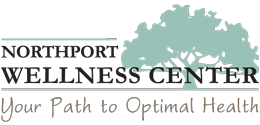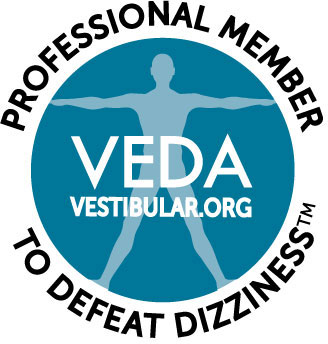If you have children who participate in sports, particularly high-contact sports like soccer, lacrosse, football, hockey, basketball, rugby, softball or baseball, it’s important to understand the seriousness of concussions. Children are particularly vulnerable to concussion since their brains have more space in the skull to move around. This type of complex brain injury doesn’t typically show up on a routine brain scan, but they are detectable by measuring important aspects of brain function, such as vision.

Irregular or impaired eye movements can alert coaches and trainers of a possible concussion, even if the athlete seems fine and isn’t showing any other outward symptoms. The easiest way for parents, coaches, schools and sports clubs to test for a concussion on-site is through the use of the King-Devick Test®.
What is the King-Devick® Test?
The King-Devick Test, in association with the Mayo Clinic, is a remove-from-the-sidelines screening test that allows athletes to be tested for head trauma and aids in the detection of concussions. The eye movement test is used as a screening tool to determine if someone can go back into the game after a hit. The K-D Test is very easy to administer, and with results in just two minutes, it allows adults to quickly assess whether further medical help is needed for injured athletes. It’s very important to know a person’s baseline score before a possible concussion occurs, so if your child plays a contact sport, like mine, please have a baseline King-Devick Test performed.
Improving Post-Concussive Symptoms with Prismatic Correction
Concussions in children and young adults are on the rise, and we’ve seen an increase in post-concussive syndrome with visual symptoms like headaches, dizziness and disorientation. We know that if these symptoms persist longer than three months, a binocular vision evaluation is needed.
Recently, Dr. Debby told me that she was able to improve King-Devick scores substantially after prismatic correction. This is very exciting news since this is another way we can quantify how the prismatic orthotic glasses we prescribe affect the visual system. Many of these patients can be significantly helped with prism. Treatment with prismatic lenses allows the eyes to rest in a comfortable position while relieving strain on the compensating muscles. Typical results with this kind of treatment see a 70-80% reduction in symptoms without the need for costly therapy.
If your child has experienced a head-related sports injury and is suffering from any of the aforementioned symptoms, he or she could have a vision dysfunction. Here at the Neuro Visual Center of New York, we specialize in the neurovisual optometric evaluation and treatment of these symptoms. Give us a call today at (516) 224-4888 to set up an appointment, and we could have your child feeling better in no time.






Is there any kind of financial help for people who do not have insurance ?
Please call the office at 516-224-4888 for all insurance and payment questions.